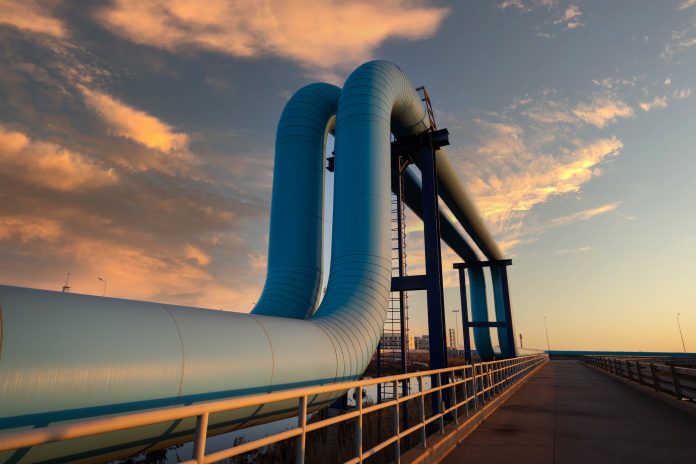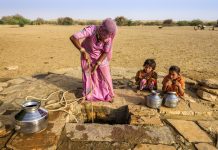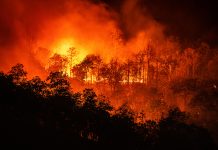Leaked documents suggest that the United Arab Emirates, the host of the UN COP28 summit, intended to use other climate discussions with other nations to advance agreements benefiting its domestic oil and gas enterprise
COP28 starts on Thursday and will be run by Sultan Al Jaber, who serves as chief executive of the national oil company Adnoc and the UAE’s climate envoy.
This dual role has faced criticism for being a potential conflict of interest. Climate summit veterans argue that recent relations weaken trust in Al Jaber’s presidency of COP28, potentially posing a threat to the summit’s outcome.
Dealings in climate diplomacy
The Guardian recently reported that Adnoc’s extensive net-zero expansion plans are the largest among global companies. State-run oil and gas fields in the UAE were reported to be flaring gas almost daily, contradicting a commitment made 20 years ago to a policy of net zero routine flaring. Adnoc questioned the data given in the report but did not provide any alternative.
The Center for Climate Reporting (CCR) has received the leaked documents, as reported by the Guardian, which consist of briefing materials prepared by the COP28 team.
These materials were intended for use in bilateral meetings between Sultan Al Jaber and representatives from 27 governments as part of diplomatic preparations for the climate summit.
Alongside addressing climate negotiation matters, these briefings incorporated “talking points” and specific requests from Adnoc and Masdar, the UAE renewable energy company chaired by Al Jaber.
Briefing materials
Initially disclosed by the BBC, the briefing materials take points from 15 countries, emphasising Adnoc’s interest in collaborating to extract their oil and gas resources.
The briefing suggests communicating to Colombia that Adnoc “stands ready” to assist in developing its oil and gas reserves. Climate scientists have consistently cautioned that the world has plans to exploit a surplus of fossil fuel reserves, exceeding what can be safely burned, emphasising the imperative to halt new fossil fuel projects.
The frequency with which these talking points were raised remains to be determined. However, the Centre for Climate Reporting (CCR) indicated that, on at least one occasion, a country pursued commercial discussions that had been broached during a meeting with the UAE’s COP28 team.
Twelve nations reported that they either did not discuss deals during the meetings or maintained that the meetings did not occur. Another twelve nations did not provide comments on the inquiry.
Concerns about close relationship
The leaked briefing also includes points regarding potential agreements involving Masdar with 20 countries, including the UK, the US, Brazil, Saudi Arabia, and Kenya. Al Jaber received instructions to “seek UK government support to extend the seabed rights for Dudgeon offshore wind[farm] from 0.4GW to above 1GW”. Another directive was “seeking support to expedite the grid connection of a Masdar battery portfolio” in the UK.
Persistent concerns about the close relationship between Adnoc and the COP28 team has been raised. Adnoc accessed emails sent to and from the COP28 office until the Guardian highlighted the issue in June.
The UAE faced criticism for not reporting its oil industry’s methane emissions, a potent greenhouse gas, to the UN for nearly a decade, as reported by the Guardian in August.
Editor's Recommended Articles
-
Must Read >> COP28: A call to action for global leaders
-
Must Read >> Climate diplomacy in EU foreign affairs














